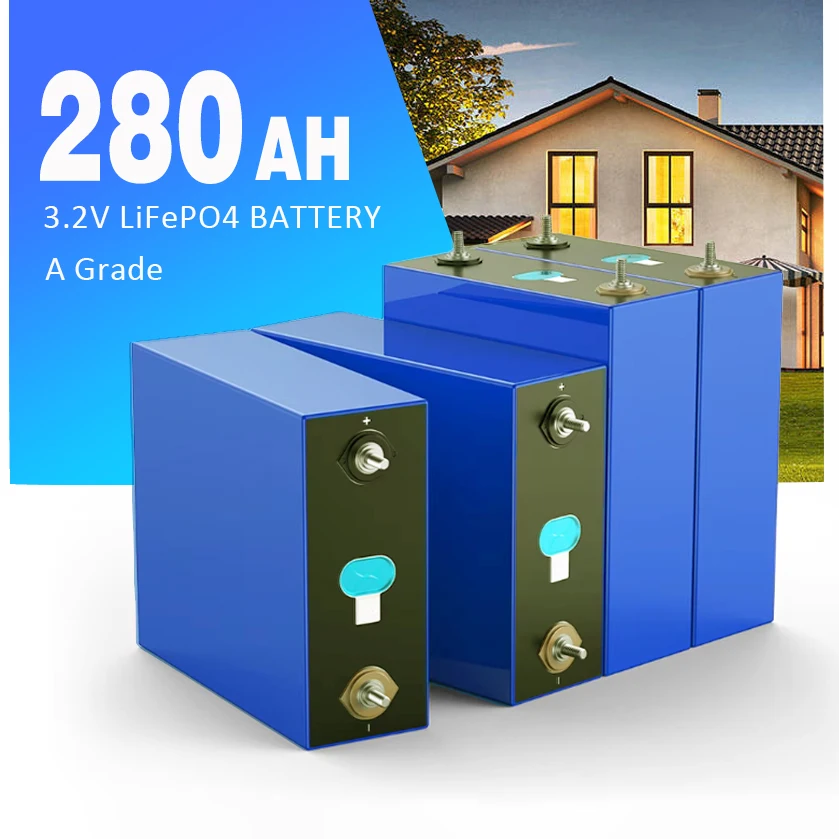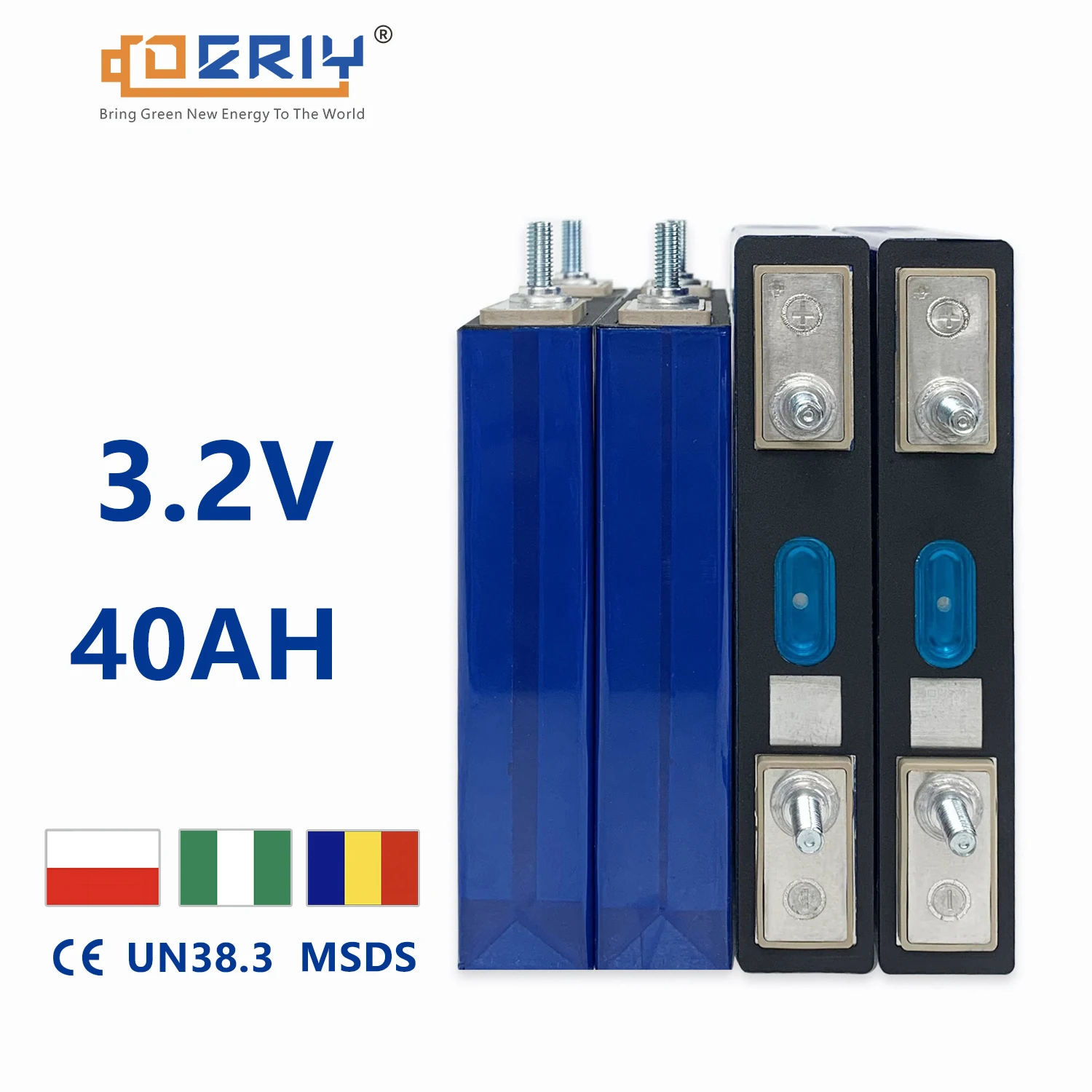
As for LFP batteries, they perform at their bests with maintenance. Operating the battery within the recommended temperature range is vital considering that too much heat or cold will negatively affect its lifespan. Manage the processes to avoid over-charge and over-discharge; install a battery management system. If the battery won’t be used for a long time, a charge of approximately 50% is recommended as a means of mitigating degradation. Frequently inspect the battery’s terminals for any indicators of corrosion or looseness. Adhering to these maintenance suggestions greatly improves the longevity and efficacy of LFP batteries.
